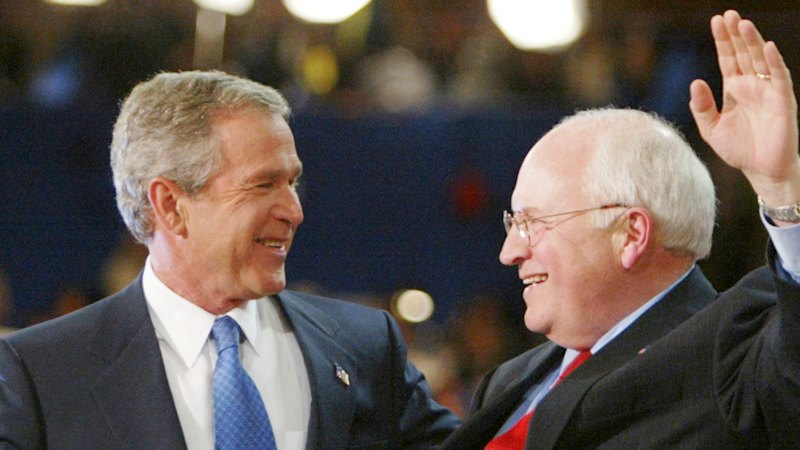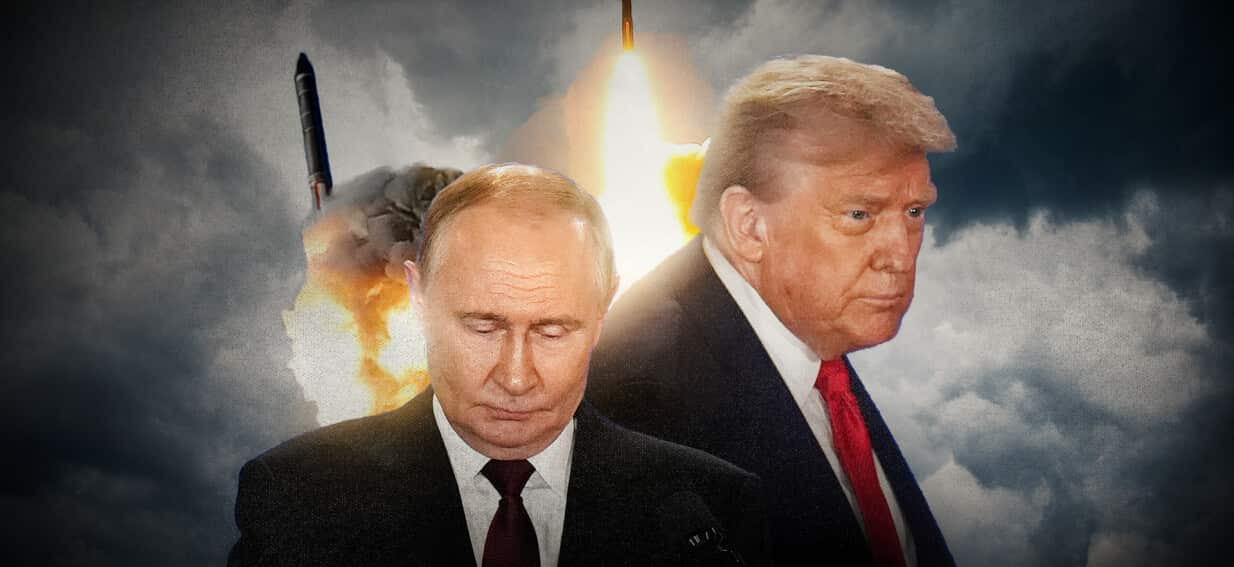
Former Vice President Dick Cheney passed away at the age of 84 due to complications from pneumonia and cardiovascular disease, prompting tributes from several prominent figures, including former President George W. Bush. However, current President Donald Trump and Vice President JD Vance have not publicly acknowledged the death of the influential Republican statesman.
Cheney, who served as vice president from 2001 to 2009, was a key architect of the Bush administration’s response to the September 11, 2001, terrorist attacks, which included the controversial 2003 invasion of Iraq. Known for his significant influence and polarizing views, Cheney was often described as the most powerful vice president in U.S. history.
In a statement released following Cheney’s death, Bush reflected on Cheney’s legacy, stating, “History will remember Dick as among the finest public servants of his generation – a patriot who brought integrity, high intelligence and seriousness of purpose to every position he held.” Bush emphasized Cheney’s calm and steady presence during challenging national crises and praised his commitment to the freedom and security of the American people.
Despite the outpouring of praise from various political figures, Trump and Vance have yet to comment. At a recent press briefing, Trump’s press secretary, Karoline Leavitt, did not mention Cheney’s death in her opening remarks. When pressed by reporters, she indicated that the White House had not yet engaged in planning for Cheney’s funeral, though the U.S. flag was lowered to half-mast per protocol.
On social media, Trump focused on ongoing elections across the United States, making controversial remarks regarding Jewish voters and calling for congressional Republicans to abolish the Senate filibuster. His lack of acknowledgment of Cheney’s passing stood in stark contrast to the tributes from other officials.
Cheney’s impact on U.S. foreign policy was significant. His critics, including former Human Rights Watch Executive Director Kenneth Roth, highlighted the controversial aspects of his legacy, particularly regarding the war on terror. Roth stated that Cheney would be remembered for an “utterly lawless approach” that included policies on torture and indefinite detention.
During his tenure, Cheney was known for his strong advocacy for military interventionism, a stance that has garnered both support and significant criticism. Notably, he once claimed that U.S. forces would be greeted as liberators in Iraq, a prediction that proved to be overly optimistic as the conflict extended and resulted in substantial casualties.
In addition to Bush, other leaders have expressed their condolences. Former Secretary of State Condoleezza Rice referred to Cheney as a mentor and praised his unwavering dedication to national security. Mitch McConnell, the long-serving Republican senator, highlighted Cheney’s organizational competence and vision during a time of national crisis.
As tributes continue to pour in, the absence of comments from Trump and Vance raises questions about the current party dynamics and the legacy of Cheney’s influence on the Republican Party. Cheney’s daughter, Liz Cheney, a former congresswoman and vocal critic of Trump, has also faced scrutiny for her stance against the former president, further complicating the party’s relationship with Cheney’s legacy.
Cheney’s passing marks the end of an era in American politics, where his strategies and decisions significantly shaped U.S. foreign policy in the early 21st century. As the nation reflects on his contributions and controversies, the silence from key Republican figures emphasizes the ongoing divisions within the party regarding the direction it will take in the wake of his death.







